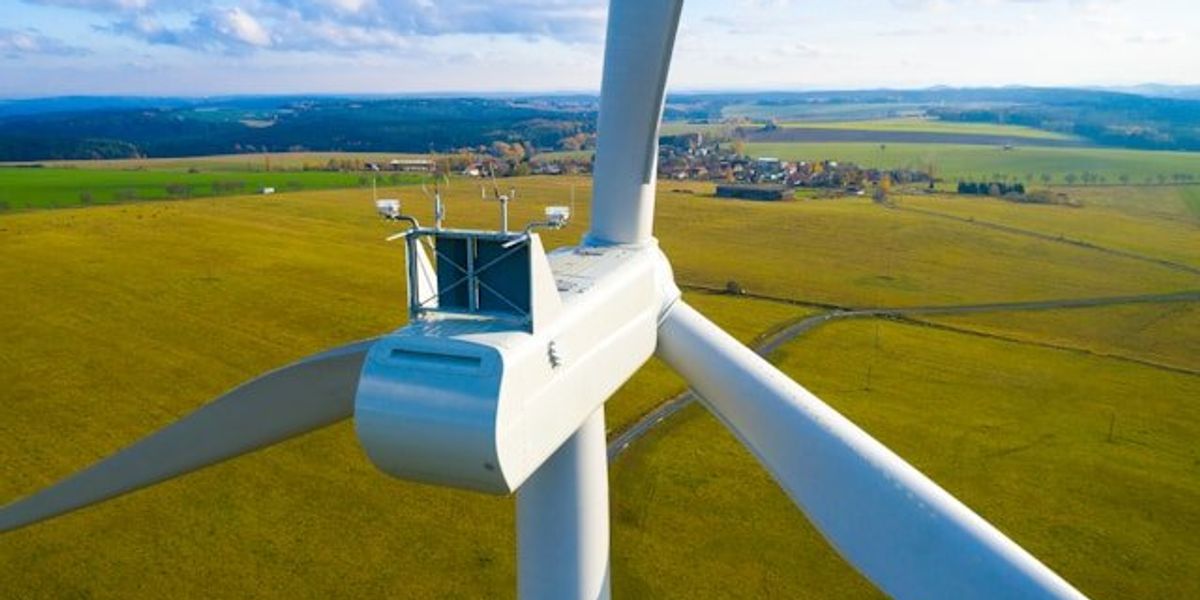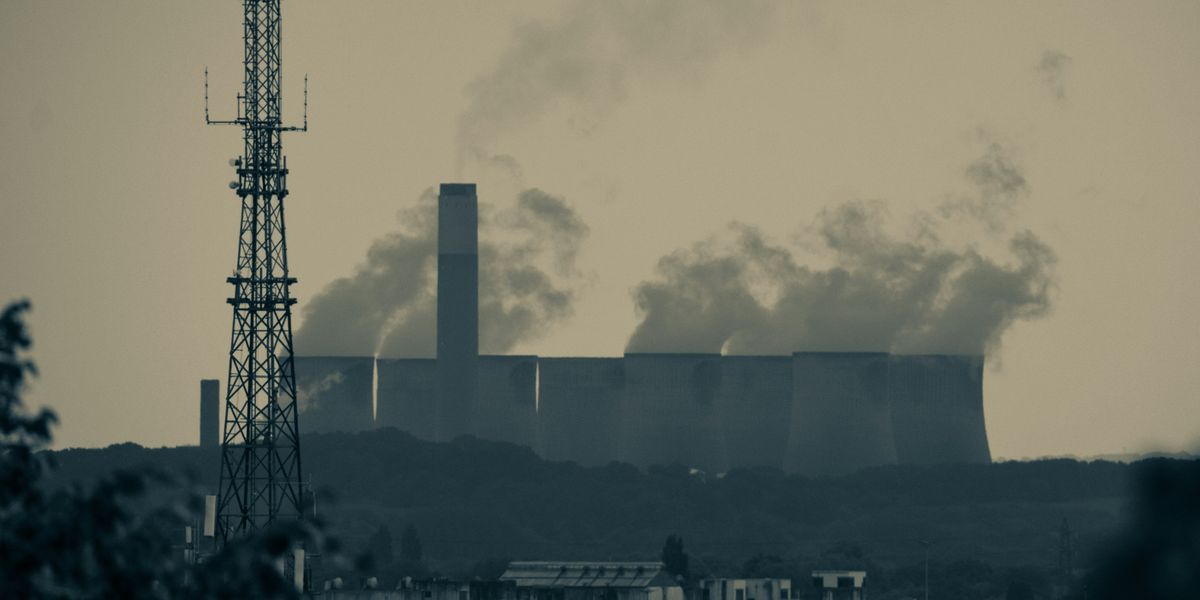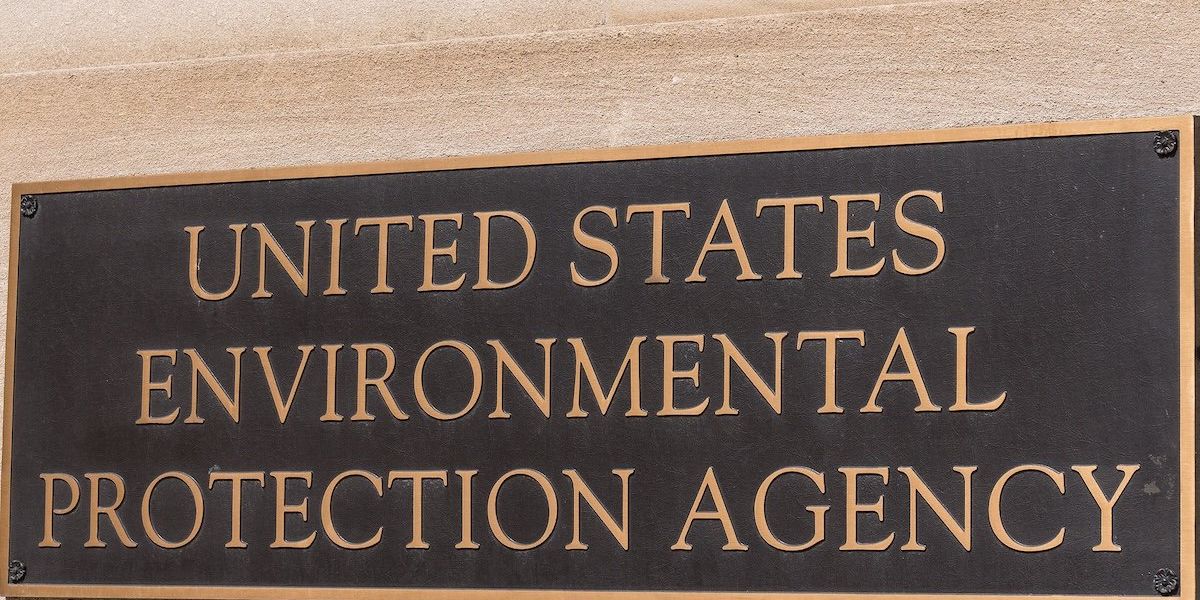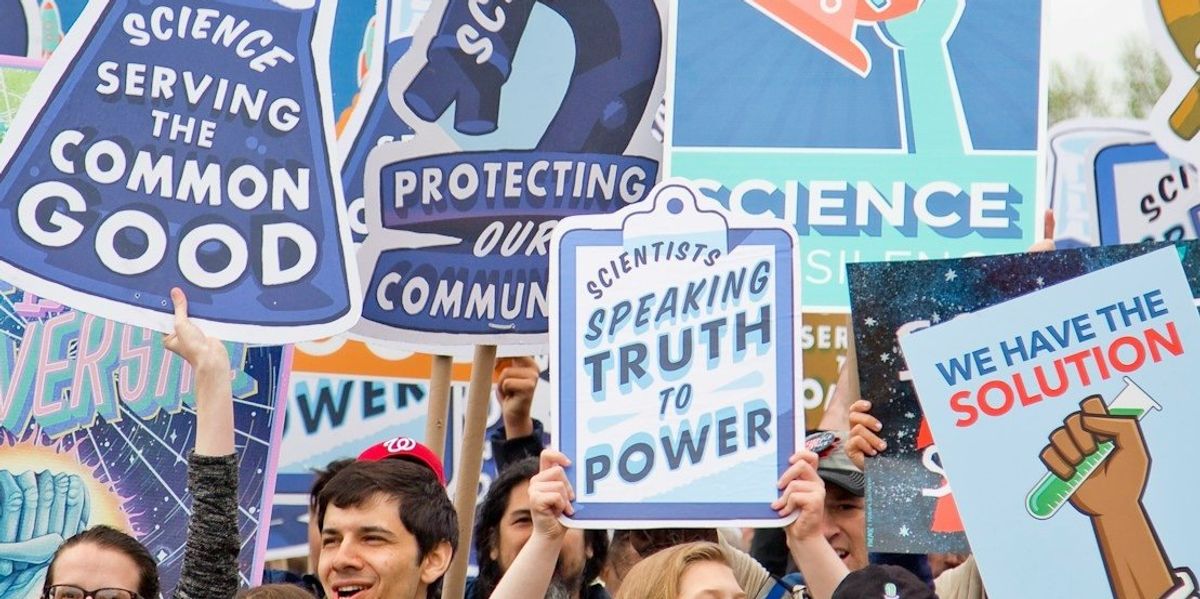water shortages
Europe's groundwater crisis deepens
Europe's groundwater, once considered abundant, is now facing a critical decline in both quality and quantity due to climate change and industrial overexploitation.
Zeynep Sentek, Jelena Prtorić, Sarah Pilz report for Under the Surface.
In short:
- More than 15% of Europe's aquifers are in poor condition, impacting major crop-producing countries like Spain, France, Belgium, and the Netherlands.
- Many countries fail to provide comprehensive data on groundwater status, hindering the assessment of the full extent of the crisis.
- The EU is criticized for not enforcing stricter water management laws, often succumbing to agricultural and chemical industry pressures.
Key quote:
“Water is difficult to find and expensive. It is no longer sustainable this way. More and more growers are giving up.”
— Bart Trybou, Belgian farmer
Why this matters:
Groundwater depletion and contamination threaten food security, public health, and economic stability across Europe. The failure to address this issue could lead to severe shortages and broader environmental crises. Read more: Farming for a small planet.
Freshwater supplies dwindling due to human activity, studies find
Two significant studies reveal how human demand and technological advancements are rapidly depleting the planet's freshwater resources.
In short:
- Human activities, including damming, deforestation, and irrigation, are altering the global water cycle, impacting soil moisture and streamflow.
- Groundwater in 71% of the world's aquifers is declining, accelerated by climate change and increased extraction for agriculture and consumption.
- Efforts to conserve water often result in increased consumption elsewhere, exacerbating the crisis.
Key quote:
The technosphere respects no limits and unlike previous civilizations holds nothing sacred — not even a mountain watershed.
— Andrew Nikiforuk, The Tyee
Why this matters:
As freshwater resources dwindle, there's a direct impact on food and water security globally, necessitating sustainable practices in the face of escalating environmental challenges. The planet is losing free-flowing rivers. This is a problem.
Utah introduces new regulations for mineral extraction at the Great Salt Lake
A recent bill passed by the Utah Legislature introduces significant changes to the regulation of mineral extraction at the Great Salt Lake, aiming to address the lake's declining water levels.
In short:
- The bill, known as HB 453, introduces more stringent water use regulations to protect the Great Salt Lake from further decline.
- It increases the severance tax on mineral extraction and requires companies to report water usage and salinity levels.
- Despite some environmental groups' concerns, the legislation is seen as a crucial step towards sustainable management of the lake's resources.
Key quote:
“This is a good step forward, a necessary step forward, but we can’t let it distract us from the fact that they (state leaders) are not getting water to the lake, and this bill does not get water to the lake.”
— Chandler Rosenberg, deputy director of the Great Basin Water Network
Why this matters:
Advocates tout this as a potential shift in Utah's traditionally industry-friendly stance towards resource allocation and extractive development in the Great Salt Lake Basin. Critics contend that the legislation gives regulatory certainty to industry and does nothing to solve the ongoing western water crisis.
Recent court rulings bolster state power to safeguard groundwater
In a significant shift, western states are gaining ground in the battle to conserve their precious groundwater resources.
In short:
- Recent court decisions in Idaho, Nevada and Montana have empowered states to enforce stricter groundwater usage rules to combat overpumping.
- The rulings are part of a broader movement that includes California's steps to penalize over-extraction and the White House's consultation with scientists on federal support.
- These measures address the critical decline in groundwater levels, a vital source for drinking water and agriculture exacerbated by climate change.
Key quote:
"This is truly exciting. There has been stuff like this off and on, but not in such a short period of time across the western states."
— Upmanu Lall, director of both the Water Institute at ASU and the Columbia Water Center at Columbia University.
Why this matters:
Groundwater depletion poses a threat to the sustainability of drinking water supplies, agricultural productivity and urban development. Whereas deference to water rights established in a bygone era have maintained a legacy of water injustice, these recent court decisions signal a pivotal shift to more equitable water considerations.
Will a shrinking Colorado River shrivel the produce aisle?
The U.S. gets its leafy greens and other fresh produce from the Southwest in winter. Less Colorado River water could mean higher prices or more imported.



















